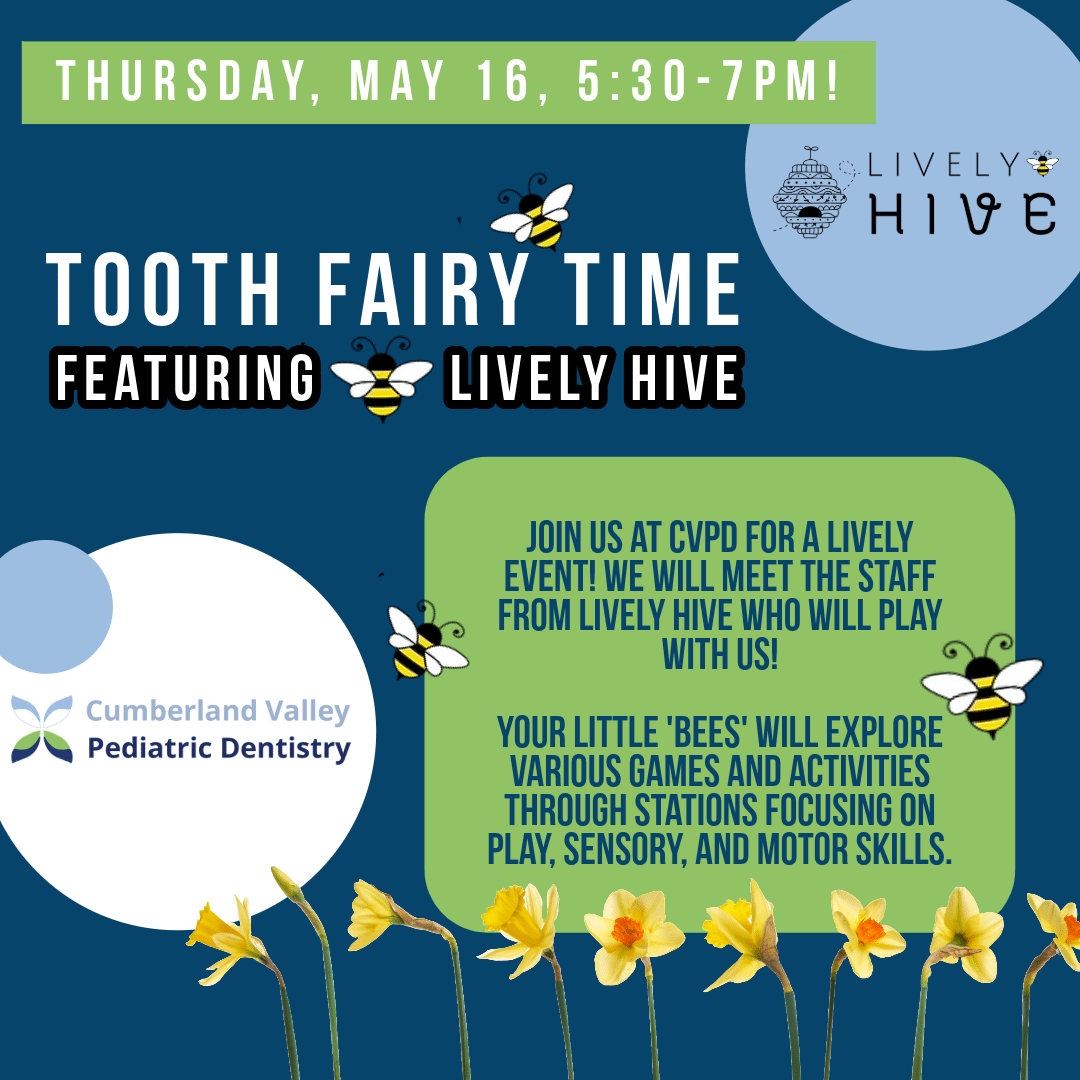As the saying goes, 1 baby tooth plus 1 pediatric dental visit means zero cavities. What can you do before or between check-ups to care for your baby’s teeth?
Read through the tips below on how you can prevent tooth decay for your infant and make sure to make an appointment once that baby tooth comes in!
Milk or Water Only in Bottles
The most frequent cause of tooth decay is from ingesting sugary drinks and foods. Fruit juices and sweet drinks in bottles that are ingested over a period of time deposit sugar into teeth and cause decay. The best way to cut down on their exposure is to only put water, formula, or breast milk in bottles.
Even if you aren’t putting sugary drinks in bottles, try to avoid giving a bottle in bed. Non-sugary drinks if they are left on teeth for long periods of time can still cause decay.
Infants are encouraged to drink from a cup as they approach their 1st birthday and be weaned from the bottle at 12 to 14 months of age.
Handle Pacifiers Properly
It goes without saying you’ll always want to keep pacifiers clean, but absolutely don’t dip them in sugar or honey to encourage your infant to take them.
Avoid cleaning the pacifier with your own saliva because the cavity-causing bacteria can be passed onto your infant. We have more resources on the impact of pacifiers on children’s oral health on this page.
Cleaning Your Infant’s Teeth
Before an infant’s teeth come in, a wet clean washcloth may be used to wipe a baby’s gums after bottle-feeding or breastfeeding.
As your baby grows and their teeth begin to come in, brush your child’s teeth twice daily. It is recommended to use a grain of rice-sized amount of fluoride toothpaste for children under 3 years old. For children 3 to 6 years old, it is recommended to use a pea-sized amount of fluoride toothpaste when brushing.
Once your child can brush their own teeth, encourage them to get into a routine of twice-daily brushing. It is recommended that parents help their children with brushing their teeth at least until they are 8 years old.


